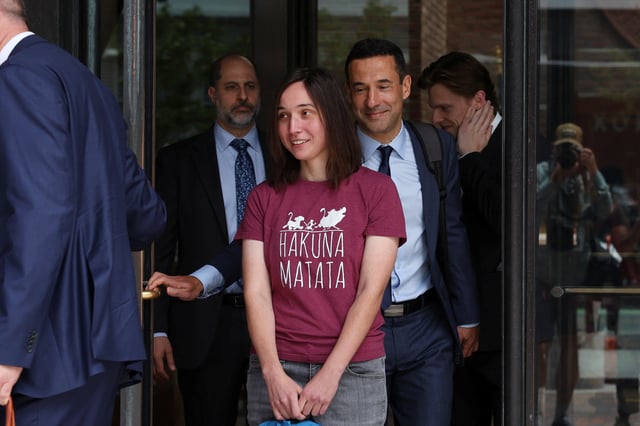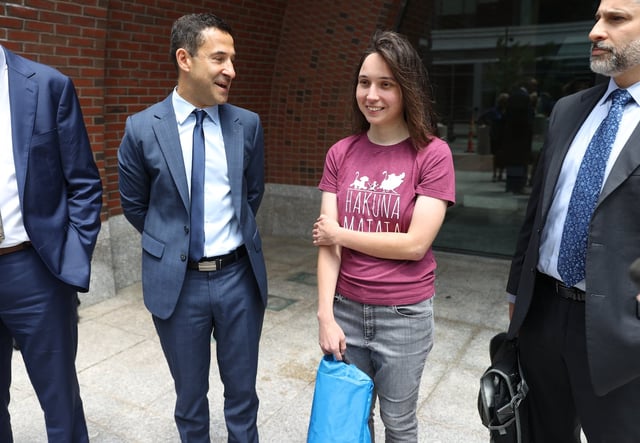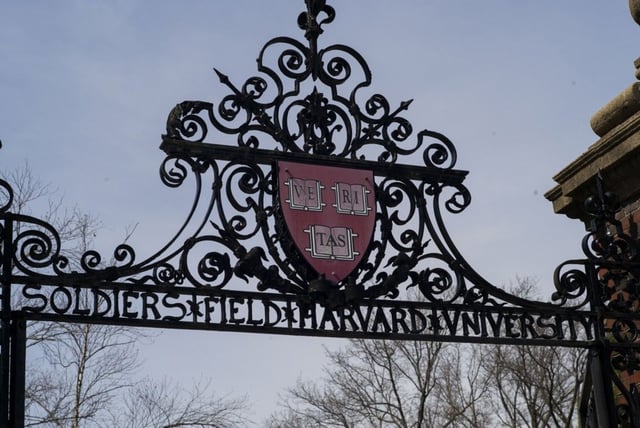Overview
- Kseniia Petrova, a Russian scientist at Harvard Medical School, was charged by a Boston grand jury on June 25 with one count each of smuggling goods into the United States, concealment of a material fact and making a false statement.
- She was stopped on February 16 when a U.S. Customs and Border Protection canine flagged her checked duffel bag, which contained frozen clawed frog embryos and related embryonic samples she had brought from France.
- Following the discovery of the undeclared biological materials, Petrova’s visa was revoked and she spent nearly four months in immigration detention before securing pretrial release on June 12.
- Prosecutors cite text messages from Petrova’s phone indicating she knew the samples required declaration, and allege she initially denied carrying any biological material before admitting to agents.
- If convicted, Petrova faces up to 20 years in prison on the smuggling charge, plus up to five years each for concealment and false statements, along with fines of as much as $250,000 per count.


